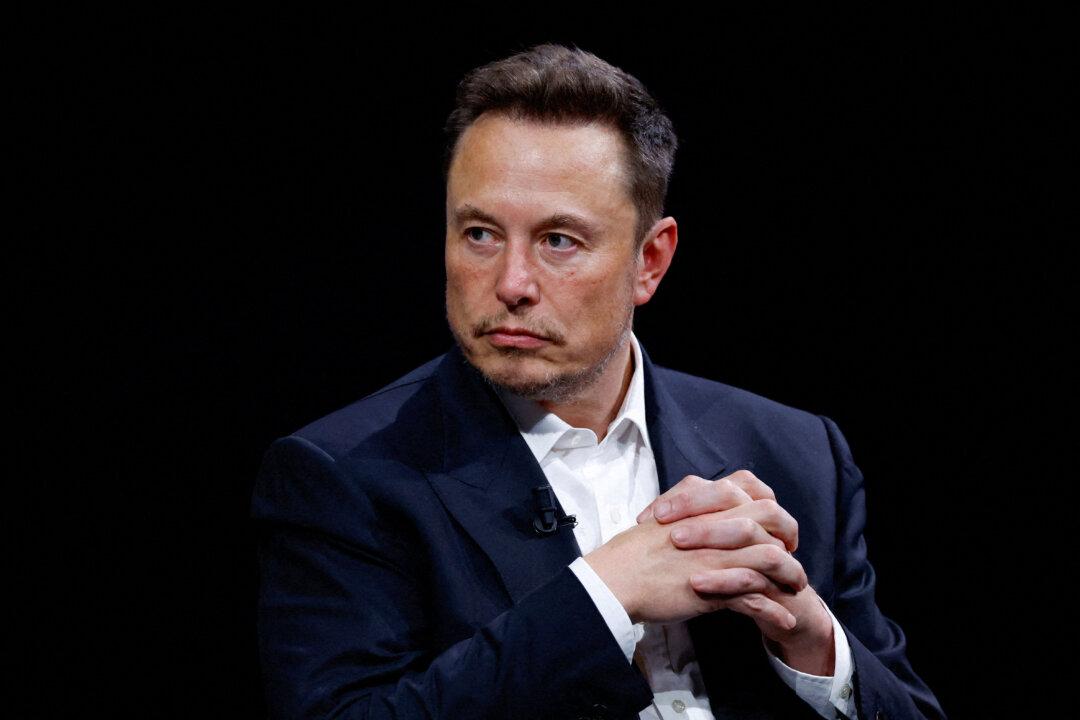The U.S. Federal Communications Commission (FCC) has joined a growing list of federal agencies engaging in the “regulatory harassment” of billionaire businessman Elon Musk, according to the senior Republican with the agency.
FCC Commissioner Brendan Carr made the claim in a dissenting statement published on Dec. 12, after the agency reaffirmed its decision not to award $885.5 million in subsidies aimed at bringing broadband internet to underserved rural areas of the United States to Starlink, the satellite internet unit of Mr. Musk’s SpaceX.




